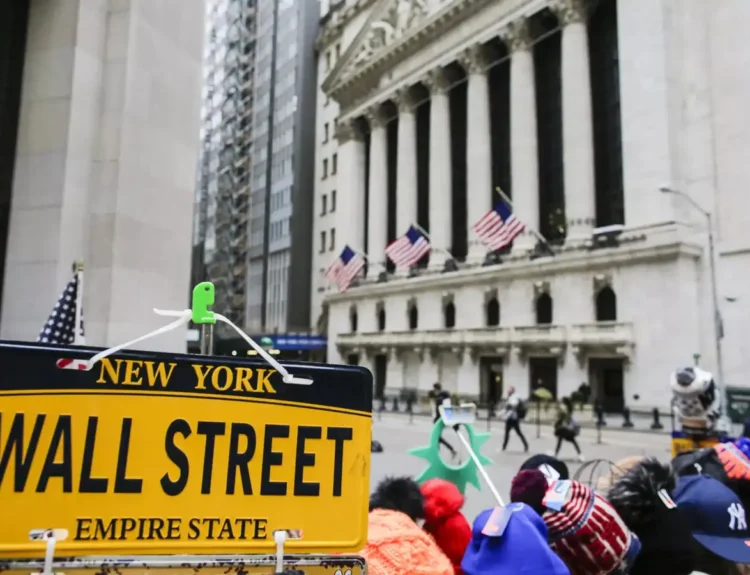“If we ever sell, it won’t be by choice.”
MicroStrategy, the largest corporate holder of Bitcoin, revealed in a recent filing that it may need to sell part of its Bitcoin holdings by 2026 if cash flow pressures mount — a scenario that could shake the crypto market.
In its latest SEC disclosure, the company admitted that “there is a possibility we may sell bitcoin in the future to meet debt obligations or strategic needs.” While the firm reiterated its long-standing “hodl” strategy, it conceded that macroeconomic shifts or refinancing failures could force its hand.
MicroStrategy currently holds over 214,000 BTC—worth over $14 billion at current prices—and has built this position through aggressive debt-fueled purchases spearheaded by Executive Chairman Michael Saylor.
The company faces major bond maturities starting in 2025, including a $650 million convertible note due in December 2025 and another $500 million in 2027, raising questions about liquidity if Bitcoin’s price does not continue its upward trend.
Analysts say if MicroStrategy is forced to sell even a portion of its Bitcoin, it could trigger panic in both crypto and equity markets, given the firm’s role as a “Bitcoin proxy” stock.
Shares of MicroStrategy (MSTR) have dropped over 18% in the past week amid broader market turmoil and renewed fears over Bitcoin regulation and taxation.
Despite the admission, the company maintains that its primary strategy remains to “acquire and hold” Bitcoin long-term and that any future sales would only occur under “extraordinary financial pressure.”
Why it matters:
- If MicroStrategy begins selling BTC, it could flood the market with billions in supply, creating a significant overhang on prices.
- It also raises concerns about whether the company’s debt-driven strategy is sustainable in a high-rate, high-volatility environment.
- MicroStrategy’s admission doesn’t mean Bitcoin liquidation is imminent — but it’s the first real signal that the company may not be invincible. With debt deadlines looming, the next year will test both the firm’s conviction and the strength of its balance sheet.
Disclosure: This article does not represent investment advice. The content and materials featured on this page are for educational purposes only.
Related:
Trump exempts phones, computers, chips from new tariffs
Markets soared, crashed, and soared again — all in 5 days. Welcome to Tariff Roulette 2025
China strikes back with 125% tariffs on U.S. goods, starting April 12
Tesla stops taking new orders in China
145% Tariffs and a Global Showdown: China Rejects US “Arrogance”
EU to impose retaliatory 25% tariffs on US goods from almonds to yachts
Trump Raises Tariffs On China To 125% After Beijing’s 84% Move
China vows ‘fight to the end’ after Trump threatens extra 50% tariff
Musk made direct appeals to Trump to reverse sweeping new tariffs
Trump Opens Door to Tariff Talks—But No Pause, No Retreat, Just ‘Tough but Fair’ Deals










